Pets’ most overlooked health component is consistent, high-quality dental care. Your pet’s dental health is about more than fresh breath and pearly white teeth, and dental disease is a serious and common condition with consequences that go far beyond your pet’s mouth. February is National Pet Dental Health Month, and our Central Kentucky Veterinary Center team is celebrating by sharing simple tips on how to prioritize your pet’s dental care routine.
Why is dental health important for pets?
Good dental health is essential to your pet’s wellbeing and can add years to their life. Unfortunately, while dental disease is almost completely preventable, 70% of pets develop some form of this condition by 3 years of age. Hours after your pet eats, sticky plaque forms on their teeth, and in a few days the plaque hardens into cement-like tartar, trapping bacteria in and around the gumline. As they invade your pet’s tooth roots, oral bacteria cause painful periodontal disease, infection, abscesses, and tooth loosening and loss. Dental disease affects more than your pet’s mouth and, if left untreated, can lead to serious kidney, heart, and liver conditions.
The most effective way to prevent dental disease is to schedule regular professional dental cleanings, in addition to following an at-home dental care routine. Follow our Central Kentucky Veterinary Center team’s mnemonic D.E.N.T.A.L to ensure your pet’s dental health.
Don’t miss dental disease signs in pets
Early dental disease signs are easy to miss unless you are inspecting your pet’s teeth and mouth regularly. Bad breath is one potential dental disease indicator, but you should also look for other signs, including:
- Brown or yellow tartar buildup on the teeth
- Red, swollen gums
- Broken or loose teeth
- Excessive drooling
- Decreased appetite
- Swallowing food whole, without chewing
- Blood in the water bowl or on toys
If your pet exhibits any of these signs, schedule a dental evaluation. Our Central Kentucky Veterinary Center team will assess your pet’s dental health and plan their treatment.
Ensure your pet receives regular professional dental exams
To help maintain your pet’s dental health, annual—or more frequent—professional dental examinations and cleanings are a must. To remain healthy, people require routine teeth cleanings. Likewise, pets require regular checkups and cleanings to maintain good oral health and prevent dental problems. During a professional dental examination, your veterinarian can fully examine, evaluate, and treat your pet’s dental issues, especially problems below the gumline. Your veterinarian will recommend a professional cleaning and dental X-rays on which they can see the 60% of dental problems that develop below the gumline. A complete professional pet teeth cleaning includes:
- Scaling tartar from the tooth surface, above and below the gumline
- Polishing each tooth to remove microscopic etchings created by scaling, where bacteria can adhere
- Probing the gumline for pockets that indicate periodontal disease
- Irrigating below the gumline to flush away bacteria and debris
- Rinsing the entire mouth with an antimicrobial solution
Starting an at-home dental care routine for your pet can be difficult, but is possible
Prevention is key to help prevent your pet from developing dental disease. Regular toothbrushing is the best way to keep your pet’s teeth healthy. Daily brushing is preferable, but if this is not possible, brush your pet’s teeth at least a few times a week. Follow these tips to introduce your pet to their new daily routine:
- Choose a child’s small toothbrush or a finger brush and veterinary-approved, flavored toothpaste. Human toothpaste contains fluoride, which is unsafe for pets.
- Let your pet lick the yummy-flavored toothpaste from your finger. Offer them a treat and praise.
- Rub your finger over your pet’s tooth surfaces, and repeat with the toothbrush. Focus on the outer surfaces only—your pet’s tongue takes care of the inner surfaces.
- Positively reinforce your pet’s toothbrushing session by following up with praise, a special treat, or a fun activity.
Treat your pet to dental chews
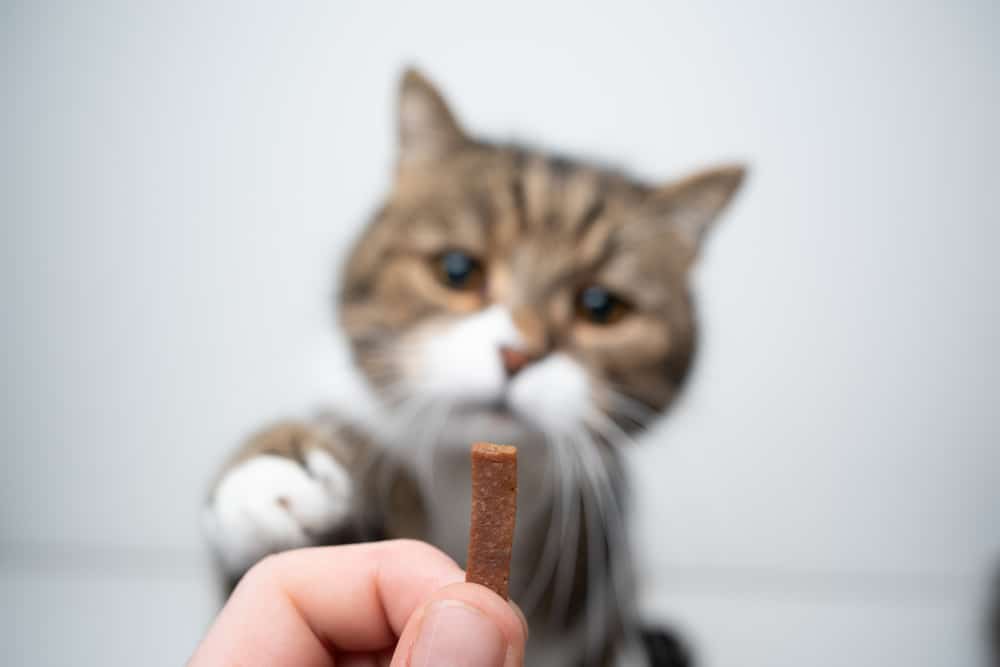
In addition to regular toothbrushing, provide your pet with veterinarian-recommended dental products and treats. The most effective pet dental products have the Veterinary Oral Health Council (VOHC) Registered Seal. The VOHC only approves products shown to slow plaque and tartar accumulation—something not all dental products can do. Oravet Chew is a VOHC approved product.
Let our team care for your pet’s dental health
Now that you know the importance of your pet’s dental health, stay on top of their oral health care by scheduling your furry pal’s regular professional dental exams and professional cleanings with our Central Kentucky Veterinary Center team, and let us care for your pet’s dental health.
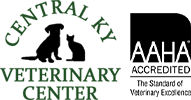
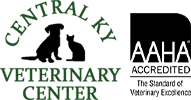

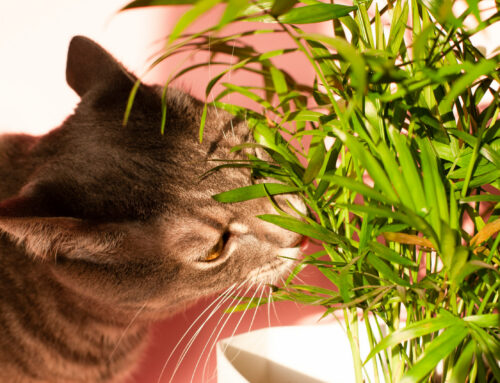
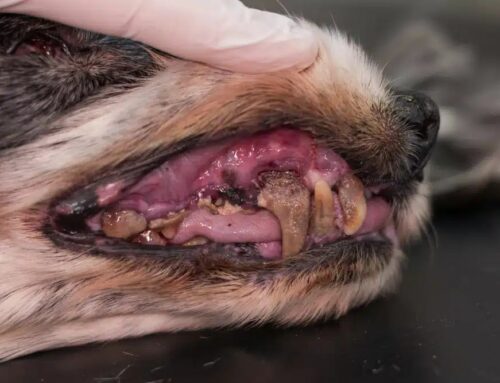

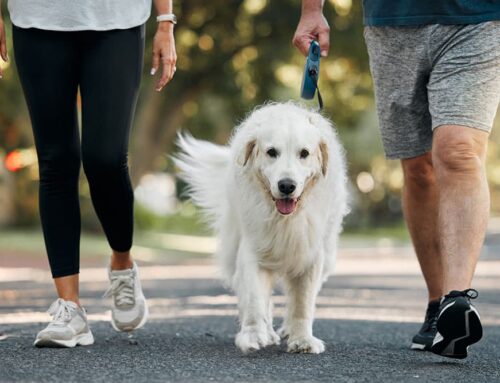
Leave A Comment